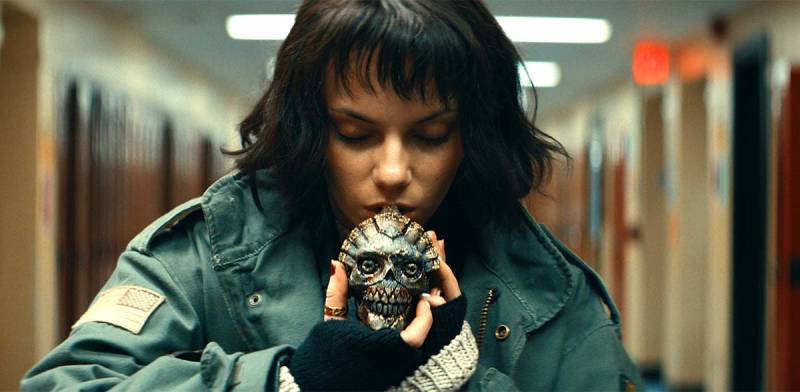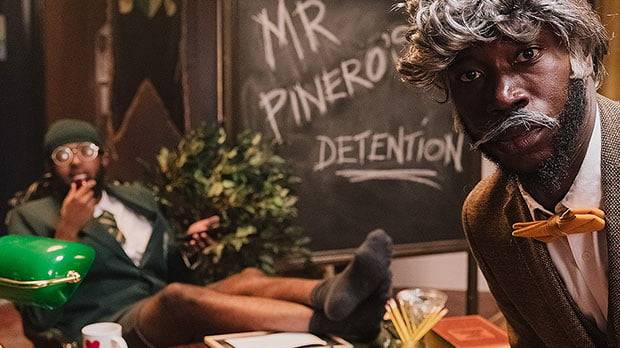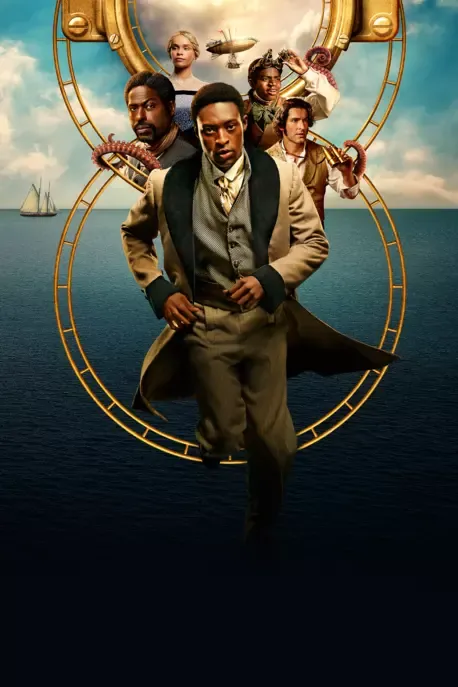The 2025 Emmy nominations have arrived, and at the forefront stands Severance, the psychological thriller that has captured the imagination of critics and audiences alike. But beyond the buzz and the trophies, what Severance represents is a transformative moment in television storytelling, one that blurs the lines between narrative complexity, emotional depth, and a fearless dive into the human psyche.
Severance isn’t just another show hogging the headlines; it’s a reflection of our times, a world where work-life balance is more elusive than ever, and identity feels fragmented under the pressure of modern existence. Created by Dan Erickson and brought vividly to life by Adam Scott’s haunting performance, the series explores what happens when memory and consciousness are split, raising philosophical questions about autonomy and control. But these ideas alone don’t explain why Severance has stormed the Emmy race. The magic lies in its storytelling finesse and its capacity to engage viewers on multiple levels.

Related article - Uphorial Podcast

At its core, Severance is about human connection, or the tragic lack of it. Each episode peels back layers not only of its characters’ fractured memories but also of their emotional barricades. The show’s lead, played by Scott, isn’t just a corporate employee with a secret; he’s a mirror reflecting our struggles with compartmentalization, the masks we wear in different spheres of life. His journey resonates because it’s both surreal and deeply relatable. The 2025 Emmy nods, which highlight acting, writing, directing, and technical brilliance, underscore the industry’s recognition of Severance as more than entertainment. They acknowledge a narrative crafted with precision and care, where every frame, every sound, and every silence contributes to the overarching atmosphere of unease and introspection. The show challenges the viewer to think critically about agency, conformity, and the cost of ambition in the modern workplace.
Yet, behind Severance’s success is a team of visionaries who dared to push boundaries. Dan Erickson, who began as a playwright, brings a theatrical depth to the screen, where dialogue is sharp, purposeful, and laden with subtext. Director Ben Stiller’s guidance steers the tone from eerie to intimate, creating a visual language that feels at once clinical and profoundly human. Their collaboration proves that TV can still be a platform for bold artistic expression.
Adam Scott’s portrayal stands out as a masterclass in subtlety. His ability to balance vulnerability and detachment gives the character a rich, complex humanity. Scott’s nuanced performance anchors the show’s philosophical questions in real emotion, making viewers care deeply about the plight of a man trapped between worlds. It’s a role that demands patience and restraint, qualities Scott wields expertly. What’s particularly remarkable about Severance’s rise is how it disrupts expectations. In an era dominated by rapid plot twists and bombastic action, the show invites reflection and quiet tension. It trusts its audience to sit with ambiguity and moral complexity, proving that TV narratives can be both intellectually rigorous and emotionally gripping.
The impact of Severance on the television landscape can’t be overstated. Its Emmy recognition signals a shift toward more sophisticated storytelling that challenges viewers rather than pandering to instant gratification. It encourages creators to take risks, to craft worlds that unsettle, provoke, and ultimately illuminate truths about the human condition. As the 2025 Emmy ceremony approaches, the spotlight on Severance is a celebration of this evolution. It’s an invitation for audiences to appreciate television as a medium of art and inquiry, capable of dissecting modern anxieties with grace and power. Beyond the awards, Severance stands as a landmark work, reminding us that the most compelling stories are those that dare to explore what lies beneath the surface of our everyday lives. In embracing Severance, the Emmys recognize not just a show, but a new voice in storytelling, one that challenges, enchants, and lingers long after the screen goes dark.



